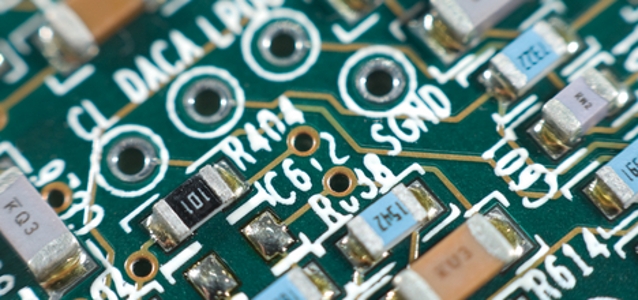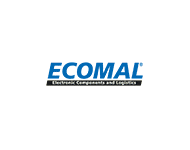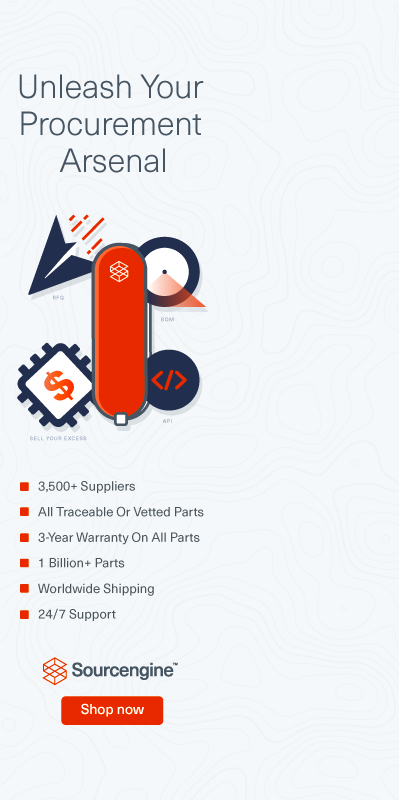
© alexander podshivalov dreamstime.com
Electronics Production |
DARPA Awards Phase 1 ALIAS Contract to Aurora
DARPA has awarded Aurora Flight Sciences a USD 6.0 million contract for Phase 1 of the Aircrew Labor In-cockpit Automation System (ALIAS) program.
The objective of the ALIAS program is to develop and insert new automation into existing aircraft in order to enable operation with reduced onboard crew. The ALIAS program envisions a portable and extensible hardware and software kit that would enable the introduction of new levels of automation across a wide variety of military and civilian aircraft.
Aurora, working with the National Robotics Engineering Center (Pittsburgh, PA) and the Duke Engineering Research Institute (Durham, NC), seeks to develop an automated assistant capable of operating an aircraft from takeoff to landing, automatically executing the necessary flight and mission activities, checklists and procedures at the correct phases of flight while detecting and responding to contingencies. At the same time, the human pilot would be continuously informed through an intuitive interface of which actions the automation is executing, and take back control if so desired.
"The ability to reassign cockpit roles, allowing humans to perform tasks best suited to humans and automation to perform tasks best suited to automation, represents a potential paradigm shift compared to how flight operations are currently conducted," said Dr. Jessica Duda, Aurora's ALIAS Program Manager. "One of our key challenges is to develop a system that creates trust between the pilot and the automated assistant."
Aurora's industry team includes leading experts in sensing and perception, machine learning, robotics, flight controls, and automation. The Aurora approach meets or exceeds all of the ALIAS program requirements while offering DARPA a potentially innovative and low-risk solution that could be affordably transitioned to flight operations.
"Successful introduction of such a system would help improve pilot performance and reduce individual workload, while also providing significant cost savings in the form of simplified training and lower crew costs," said Dr. Javier de Luis, Aurora's Vice President of Research Programs. "Because of its portability, its defined interfaces, and its open architecture system, I expect ALIAS to have broad applications across a wide range of both military and civilian transport systems."






